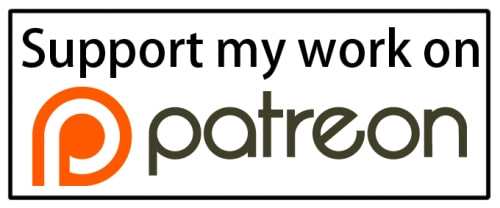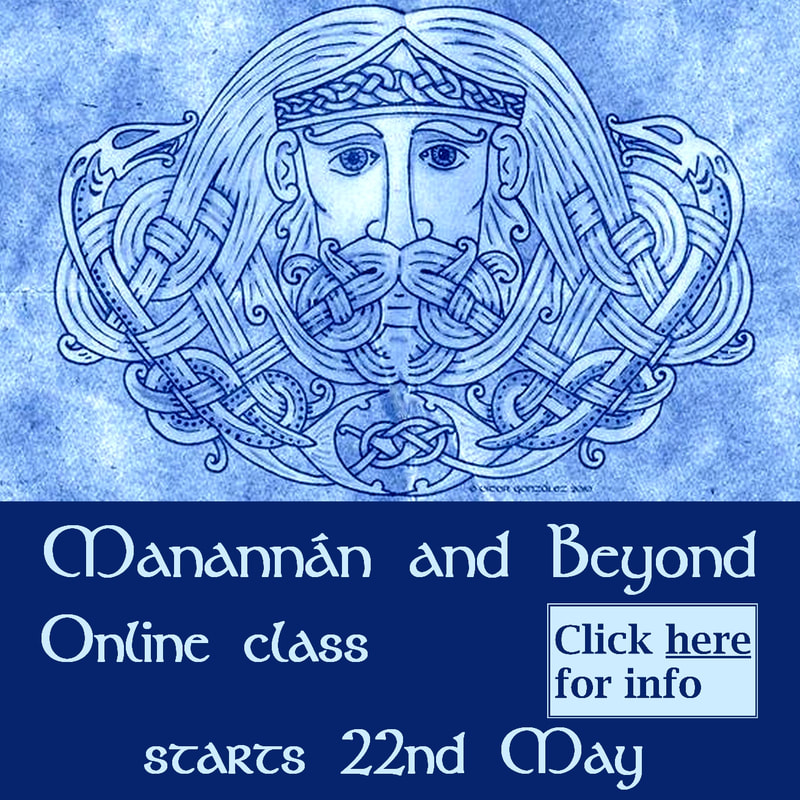Remembering our skills at Lughnasadh
| In 2005 I was lucky enough to attend one of Tim and Steve's performance/readings of the book, which involved projections of the photos, Tim reading, and great musical performances by Martin Hayes, Dennis Cahill, Mairtin O’Connor, Iarla O’Leonard and Karen Casey. Perhaps this has something to do with the deep impression the book has made on me, but the quality and content of the writing, and Pike's stark images are enough in themselves. One of the most memorable and popular parts of the book is a short chapter which begins with the phrase "What I could do". It is the central character's recollection, by way of a simple list, of his abilities and accomplishments as a young man still in Ireland. |
What I could do.
I could mend nets. Thatch a roof. Build stairs. Make a basket from reeds. Splint the leg of a cow. Cut turf. Build a wall. Go three rounds with Joe in the ring Da put up in the barn. I could dance sets. Read the sky. Make a barrel for mackerel. Mend roads. Make a boat. Stuff a saddle. Put a wheel on a cart. Strike a deal. Make a field. Work the swarth turner, the float and the thresher. I could read the sea. Shoot straight. Make a shoe. Shear sheep. Remember poems. Set potatoes. Plough and harrow. Read the wind. Tend hens. Bind wyndes. Make a coffin. Take a drink. I could frighten you with stories. I knew the song to sing to a cow when milking. I could play twenty-seven tunes on my accordion.
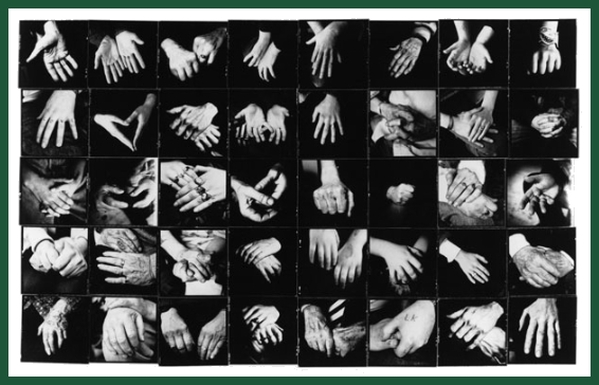
"Who are you yourself?" said the door-keeper. I am Lugh, son of Cian of the Tuatha de Danaan, and of Ethlinn, daughter of Balor, King of the Fomor," he said; "and I am foster-son of Taillte, daughter of the King of the Great Plain, and of Echaid the Rough, son of Duach." "What are you skilled in?" said the door-keeper; "for no one without an art comes into Teamhair." "Question me," said Lugh; "I am a carpenter." "We do not want you; we have a carpenter ourselves, Luchtar, son of Luachaid." "Then I am a smith" "We have a smith ourselves, Colum Cuaillemech of the Three New Ways." "Then I am a champion." "That is no use to us; we have a champion before, Ogma, brother to the king." "Question me again," he said; "I am a harper." "That is no use to us; we have a harper ourselves, Abhean, son of Bicelmos, that the Men of the Three Gods brought from the bills." "I am a poet," he said then, "and a teller of tales." "That is no use to us; we have a teller of tales ourselves, Erc, son of Ethaman." "And I am a magician." "That is no use to us; we have plenty of magicians and people of power." "I am a physician," he said. "That is no use; we have Diancecht for our physician." "Let me be a cup-bearer," he said. "We do not want you; we have nine cup-bearers ourselves." "I am a good worker in brass". "We have a worker in brass ourselves, that is Credne Cerd." Then Lugh said: "Go and ask the king if he has anyone man that can do all these things, and if he has, I will not ask to come into Teamhair." The door-keeper went into the king's house then and told him all that. "There is a young man at the door," he said, "and his name should be the Ildánach, the Master of all Arts, for all the things the people of your house can do, he himself is able to do every one of them." "Try him with the chess-boards," said Nuada. So the chess-boards were brought out, and every game that was played, Lugh won it. And when Nuada was told that, he said: "Let him in, for the like of him never came into Teamhair before."
Then the door-keeper let him pass, and he came into the king's house and sat down in the seat of knowledge. And there was a great flag-stone there that could hardly be moved by four times twenty yoke of oxen, and Ogma took it up and hurled it out through the house so that it lay on the outside of Teamhair, as a challenge to Lugh. But Lugh hurled it back again that it lay in the middle of the king's house. He played the harp for them then, and he had them laughing and crying, till he put them asleep at the end with a sleepy tune. And when Nuada saw all these things Lugh could do, he began to think that by his help the country might get free of the taxes and the tyranny put on it by the Fomor. And it is what he did, he came down from his throne, and he put Lugh on it in his place, for the length of thirteen days, the way they might all listen to the advice he would give.
| In honour of the season of Lughnasadh, I'd like to offer you an idea. You might like to use it as a journaling exercise, turn it into a meditation, or use it as part of a Lughnasadh ritual. Sit down and make a list of "What you could/can do". You can make the list long, and divide it into categories, if you like, or you can limit it to a set number of the things you're proudest of. |
- I could knit a jumper without seams. I could tame a horse. I could understand cats. I could teach people how to play music. I could play for a ceilidh dance all night and call the dances while I was playing. I could build a straight fence. I could drive a tractor. I could make a poem. I knew lots of ways to meditate.
I might then go on to remember the ladies at the knitting shop in Santa Cruz who patiently taught me to knit. How hard I studied horses, and some of the people I passed a bit of that knowledge on to. I remember my father pointing out to me what cats feel in different situations, and how they show it, I've continued to study them. I remember the many wonderful music teachers, mentors, and "inspirors" who made me the musician I am, and the many wonderful students I had the privilege of teaching - some even went on to play for dancing. I taught myself fencing and poetry writing. Mark taught me a lot about the ways of old tractors.
I hope that you will have a wonderful time thinking about your skills!

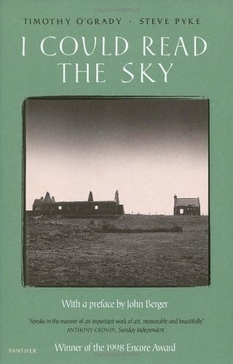
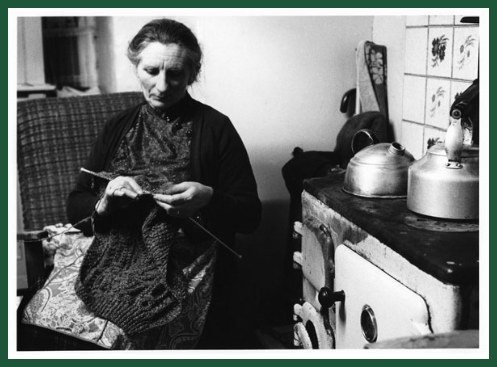
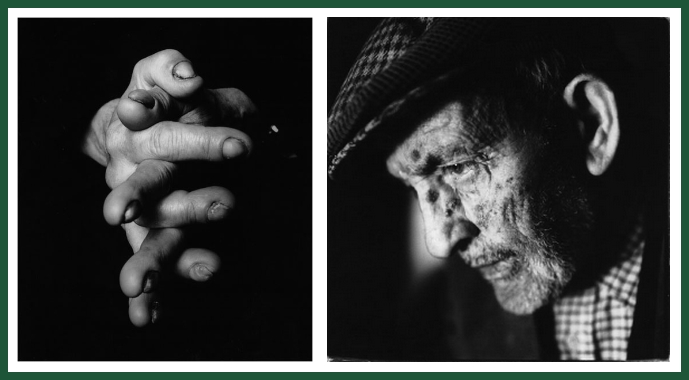
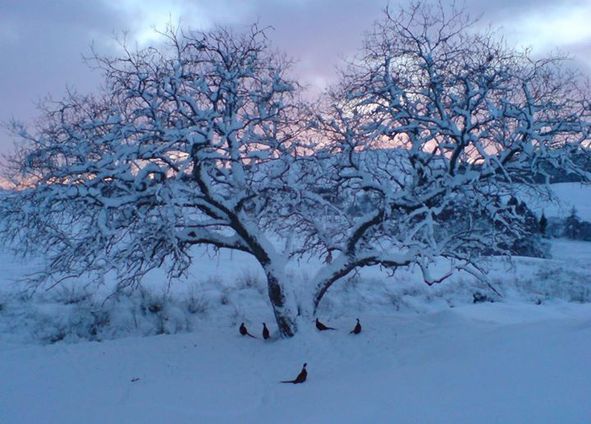
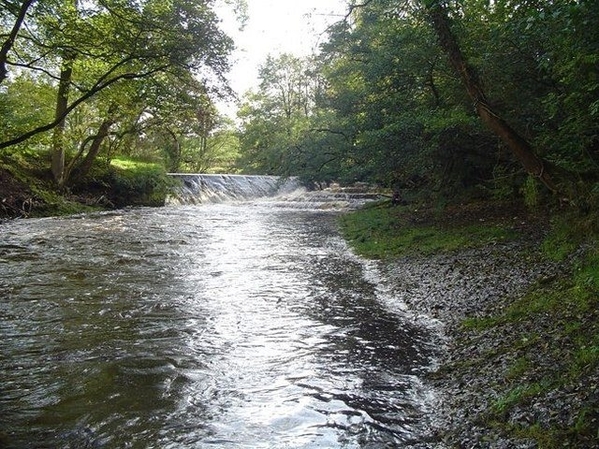
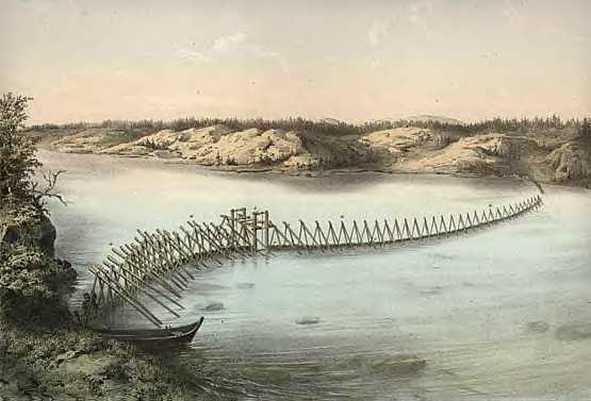
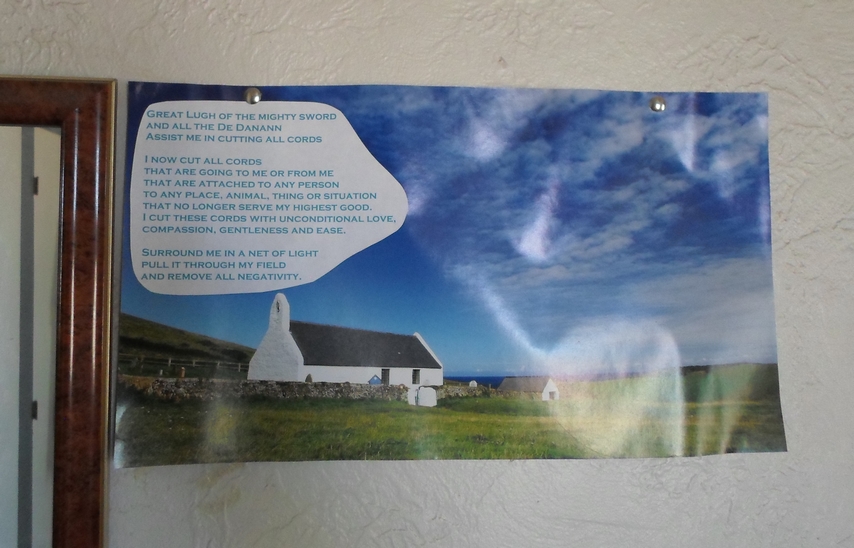

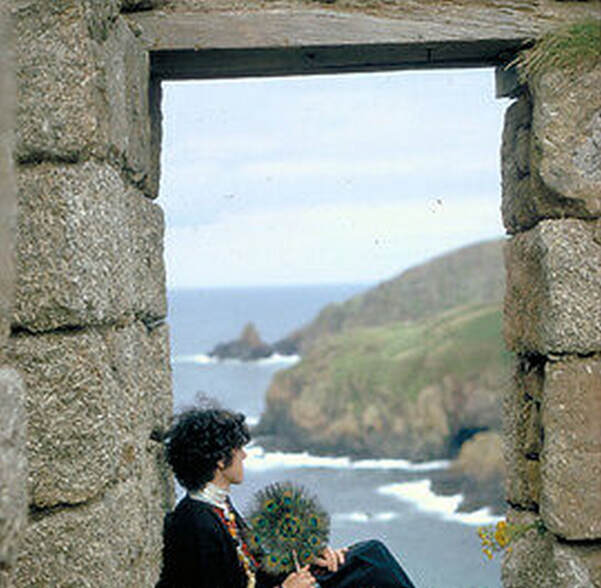
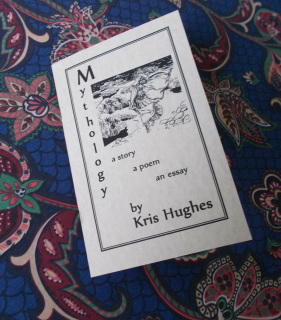
 RSS Feed
RSS Feed


